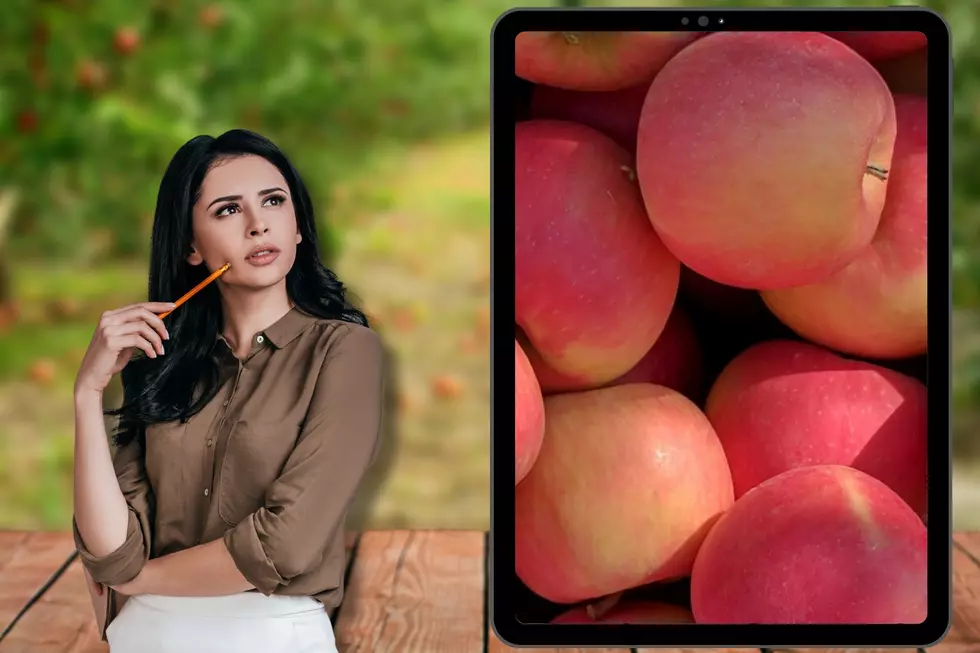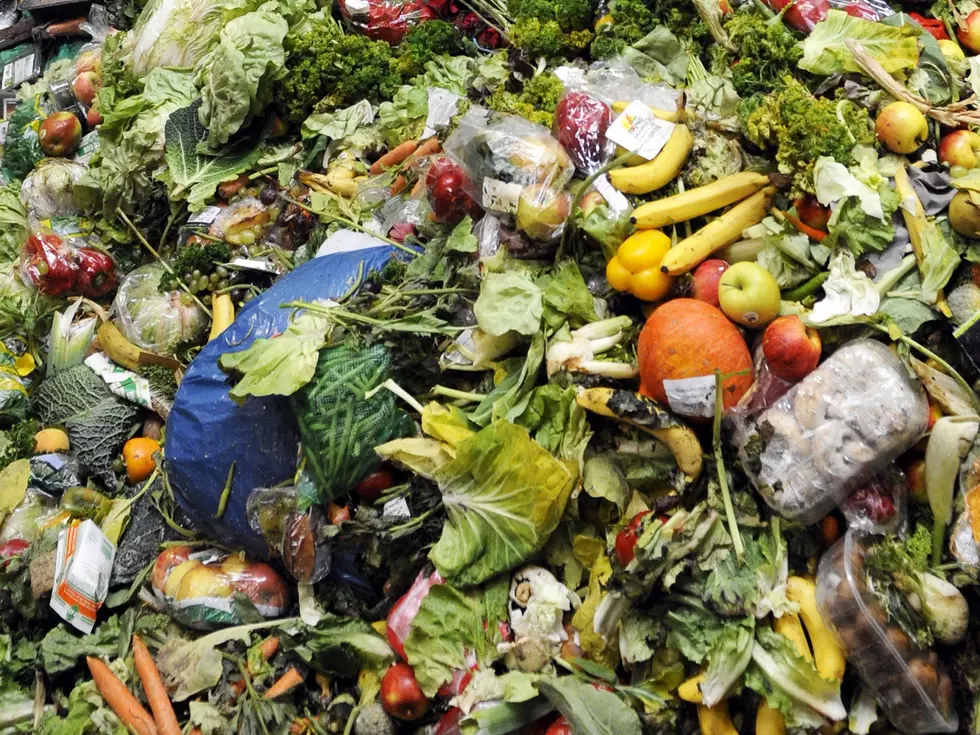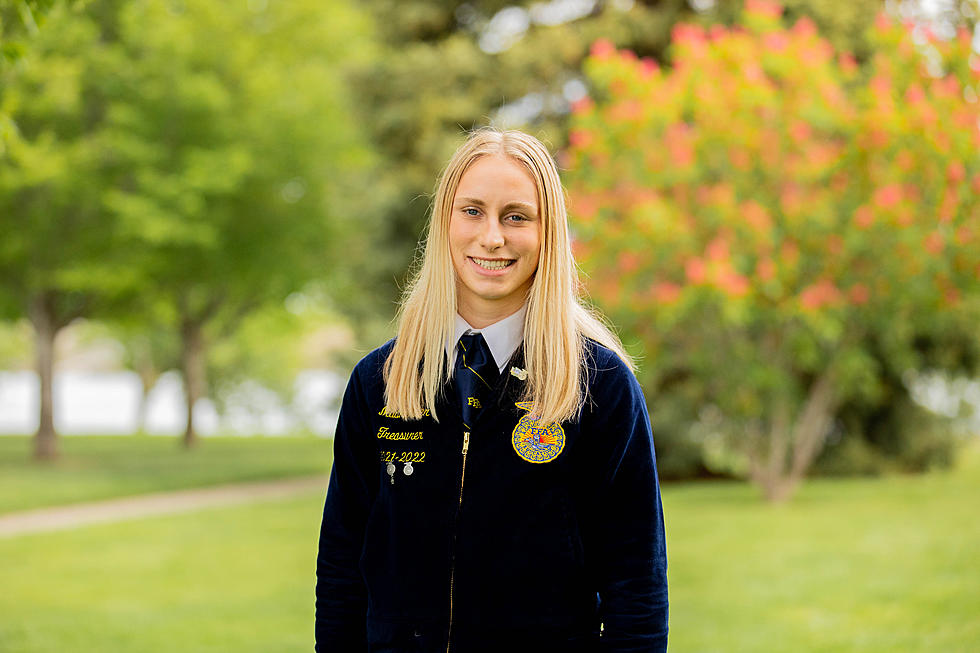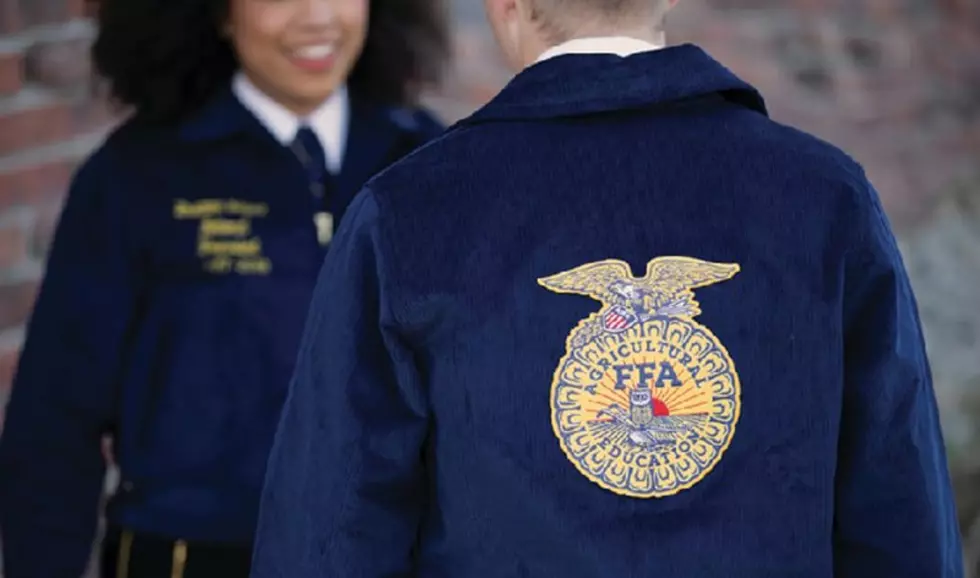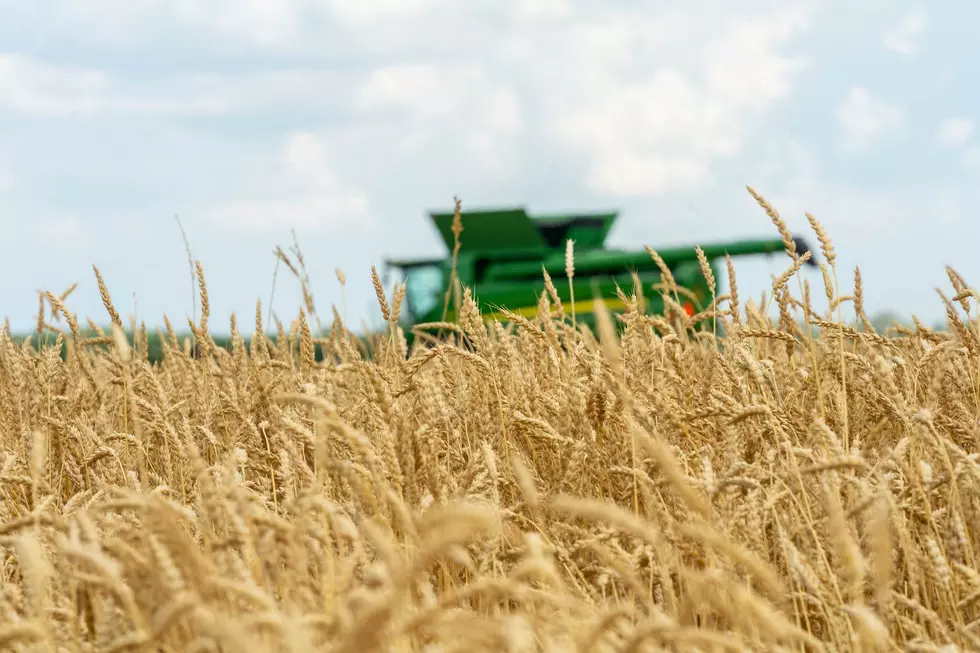
WSU Researcher Looking At Nitrogen Fixing Genes To Reduce Fertilizer Use
Could plants hold the key, or at least the templet, when it comes to the Ag community reducing its dependency on man-made fertilizers?
Researchers at Washington State University have transferred a collection of genes into plant-colonizing bacteria that let them draw nitrogen from the air and turn it into ammonia; a natural fertilizer. John Peters, with WSU’s Institute of Biological Chemistry, said this work could help farmers around the world use less man-made fertilizers when growing wheat, corn and soybeans. He added this research could lead to a reduction of soil impact, as well as a cost reduction for the producer.
“Our work is aimed at trying to understand the process a little bit more, and look at different interventions that we might be able to implement that would allow the process to be more impactful for crops like grasses.”
The processes he noted is similar to how legumes get nitrogen, but the big question for Peters circulates around moving from the lab to the field.
“Not just transfer the ammonia. See if we can get real growth promotion of the plants under nitrogen-limiting or low fertilizer conditions. So I think we’re at the stage of doing that and trying to understand the specific relationships with different crop plants, because the micro biome of rice and wheat and corn and barley are not identical.”
Peters notes it will be some time before this process will change fertilizer use or application.
If you have a story idea for the Washington Ag Network, call (509) 547-1618, or e-mail gvaagen@cherrycreekradio.com
More From PNW Ag Network
